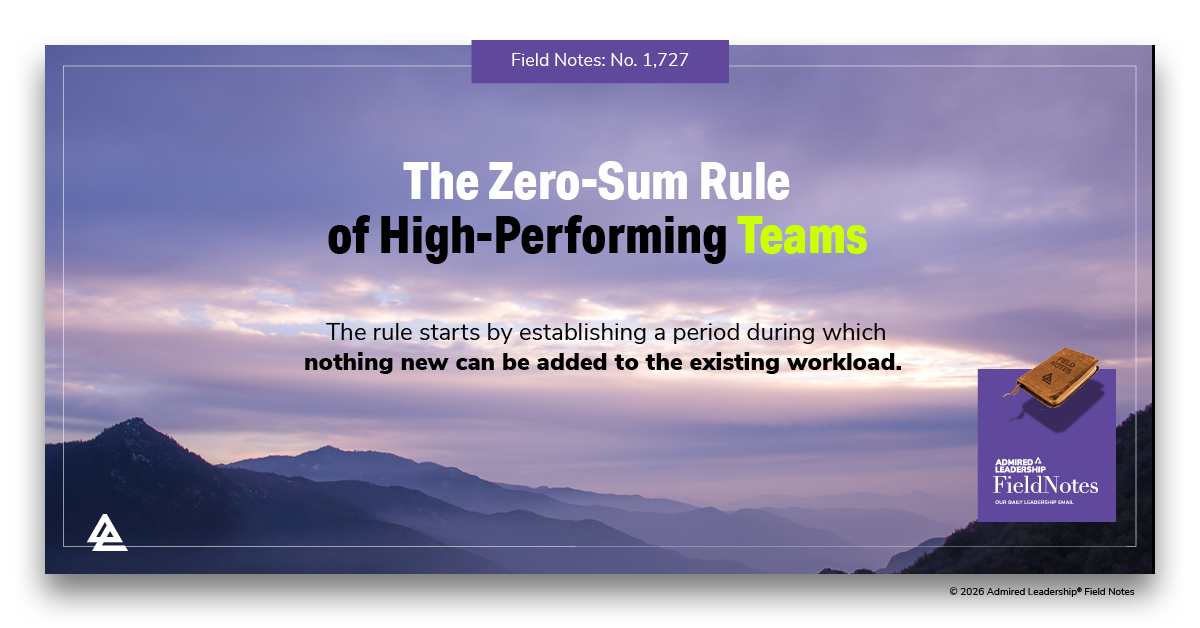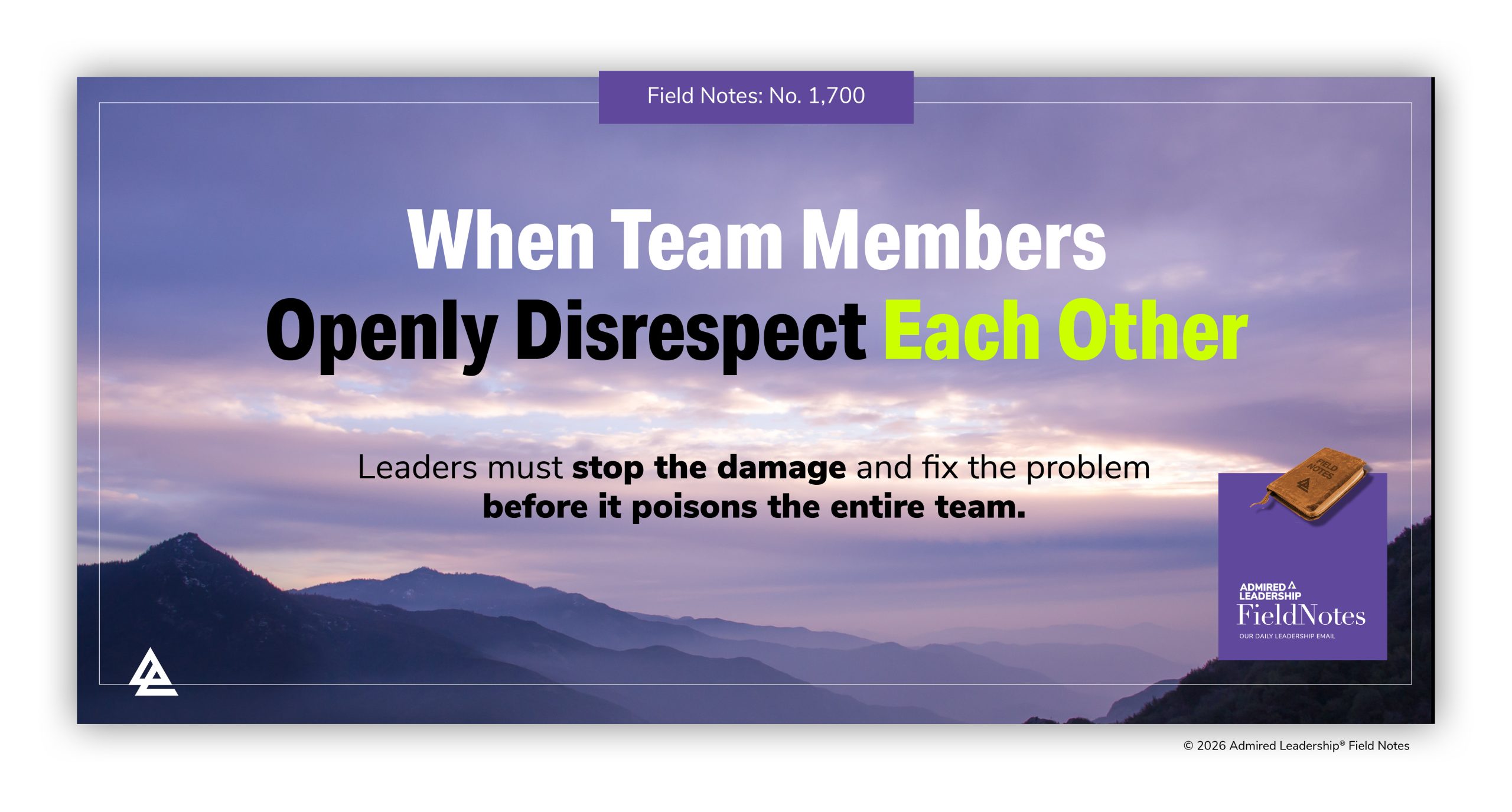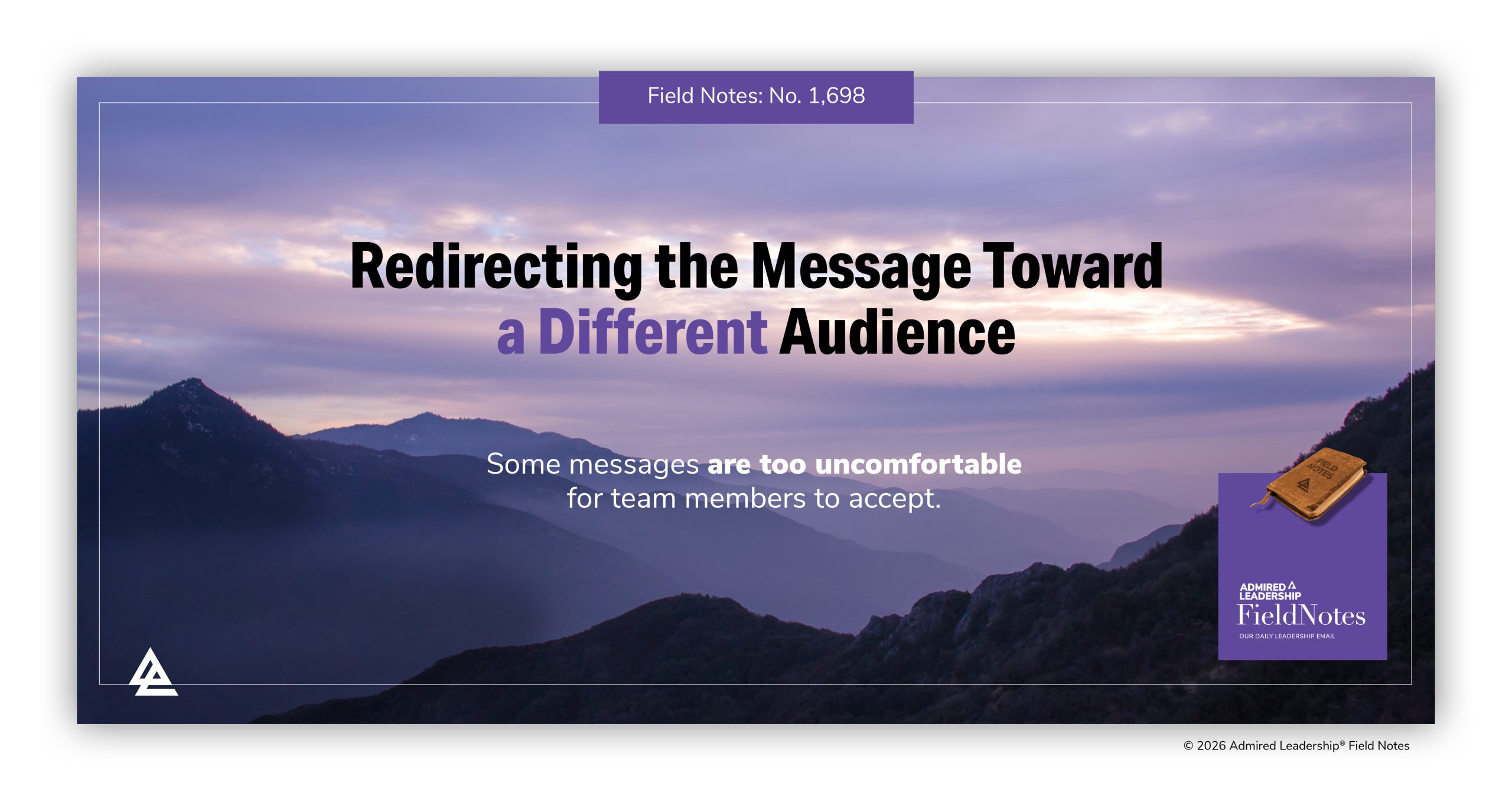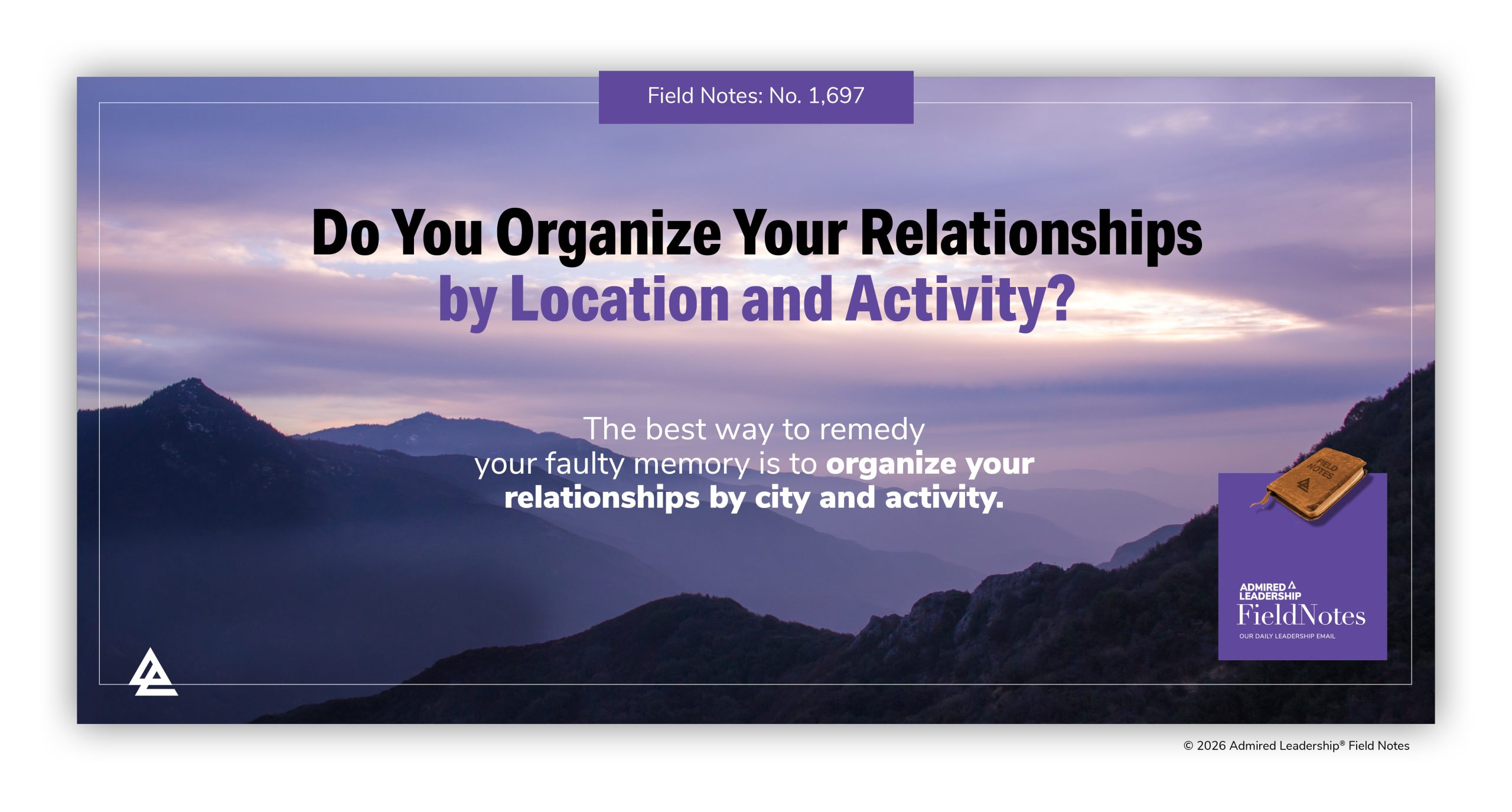Field notes
Field Notes
Our daily Field Notes email is just the kind of jumpstart you need. A fast read. Maybe less than a minute. Because sometimes it just takes one insight to change the trajectory of the day.
Search Field Notes
Redirecting the Message
Toward a Different Audience
As your network of relationships expands, it becomes increasingly hard to keep track of the many people you know and value. When planning trips and events, remembering who to reconnect with is a common challenge. The best way to remedy your faulty memory is to organize your relationships by city and activity.





